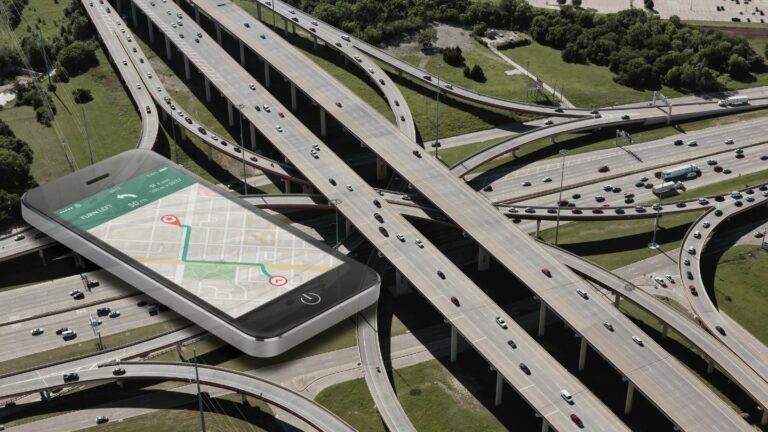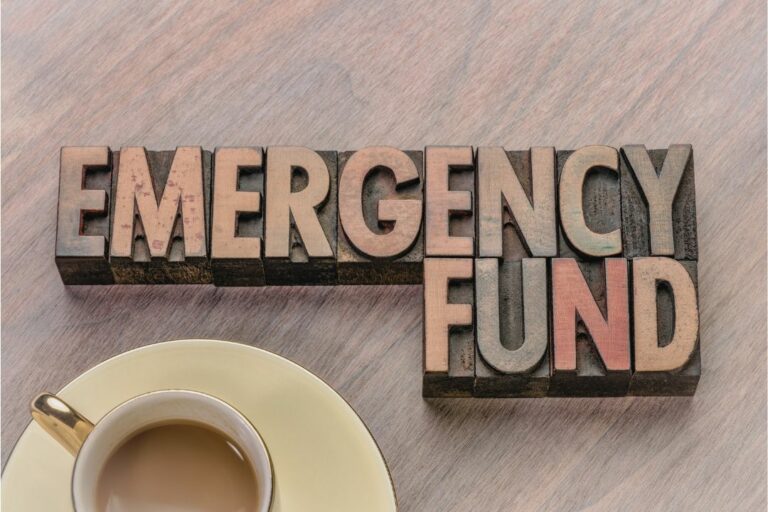( reading time: 4 min. 15 sec. )
Sometimes, we feel good about the future, and sometimes our feelings don’t motivate us. Feelings can work in our favor and against our best interests.
So, the answer to better results is multilayered. We must understand when our feelings contribute to a better future and when they are distracting. Sometimes, we choose a season of discomfort for the promise of greater rewards. That is our best guide; acting on rewards and avoiding regret will give us the best life.
This article will look at this more clearly and with some pragmatic direction. We will look at the recovery and the vision-driven responses to the emotional mix in our feelings and actions.
Bad Times Happen.
History shows us how familiarity can influence our ability to shift our thinking and actions. In July 1914, we experienced World War I. The war lasted till 1918. I had not placed that with the report that most of the influenza pandemic deaths were said to have occurred between mid-September and mid-December.
Before the war and overlapping pandemic, life had a familiar flow. Then, familiarity was disrupted without the ability to choose to ignore the impact of these two heavy events. In countries that were said to have won the war and countries that we would say lost the war, post-war was complex.
It is not a question that most people involved in these wars on all sides looked at finances differently during these times. People living around the pandemic also felt a financial impact from the post-war health crisis.

Post Crisis
Coming out of the war and pandemic, North America hit two recessions. The countries had economies aligned with war and survival. Post-crisis, they had to reform with the needs and desires of the people. It takes time, and there were no instant answers. The answers needed to be thought out and tested, and adjustments were required.
This is where we start to connect with budgeting. One of the two reasons people budget is to recover from a crisis. In a crisis, we are willing to set our feelings aside to change our present reality for a better future. Usually, we have memories of better times and results and want to bounce back.
Recovering from a crisis is a mix of the moment and memories of better seasons. In this case, our feelings about today’s choices and tomorrow’s results agree. When a budget crisis hits, we feel the emotional impact. Sometimes, we are overwhelmed, but we are motivated to see the situation resolved.

The Missing Pivot
When we move from crisis to stability, our emotional motivators fall away. Rational thinking gives way to being freed from the crisis. The crises create a new familiar that taints our perspectives.
This was a shocker for my wife and I when doing budget coaching. We expected that when we helped someone work through a crisis, there would be a rolling desire to budget differently and create emergency funds. They do typically want results, but they are not committed to taking the journey to move from stability to security.
In a season where we may choose to celebrate, the next step should be to pivot. Financial security is what we experience when we reduce our vulnerability to predictable future crisis events. Stability is rising above the control of a current crisis.
During the crisis, we often hear how budgeters plan to prevent something like this from happening to them again. The budgeters with the most challenging time moving beyond stability are those unfamiliar with financial practices that reached security before their crisis occurred. Oh, we found this in our history with personal finances also.

Filling the Gap
Financial security is a good thing. If we have lived without it, we are unfamiliar with the benefits beyond a theoretical discussion. Moving to this level of security requires us to say no to something else to say yes to this. Even the rise in income requires us to say yes to a new budget item we are unfamiliar with to reach financial security.
One of the resources we can use to make this shift is a truth we may not want to embrace. In a crisis, we only need some of what we usually spend in our budgets to survive. If the crisis lasts more than a moment, we also find ways to be happy without our ‘standard of living’ requirements. This doesn’t mean going back to crisis-level spending. It means that we may have more resources than we would have considered.
We don’t suggest obsessive minimalism. There is a natural pattern of people who suffer from lifestyle creep that follows increasing income. Lifestyle creep will rob us of an opportunity to achieve financial security by expanding our lifestyle options without finding things that make our lives more secure.

Emotional Distractions
This lifestyle creep is driven by our emotions, making decisions without investing in our future. This can be driven by nurturing victimhood justifications for acquisition therapy. We have been victims in different ways, but that was an event, not a state of being. It is good to keep lifestyle extras from becoming budget requirements or priorities. Beyond that, when there is extra, enjoy.
Focusing on the future so hard we forget to enjoy life today is also possible. This is where we follow the tortoise and the hare. Regular, steady investments will move us toward our goal while we enjoy life on the journey.
Change takes change
A famous quote is, “Insanity is doing the same thing repeatedly and expecting different results.” We must let our familiar become uncomfortable for a season to change our results. We will adjust and be happy as long as we remember to engage with meaning and life on our journey.
If we are not changing today, we should schedule it and stick to the schedule. The change doesn’t need to be as radical as it needs to be meaningful. If meaningful change still needs to occur, start small and increase. Starting with planned increases is another pathway to new thinking. Alternatives allow the change to begin sooner and avoid procrastination.
How will you influence your budget today? Will you make sure to avoid waste and regret while moving from crisis to stability and pivot to move from stability to security? Thinking this way doesn’t just make you feel good about your budget; it makes you feel good about yourself.







